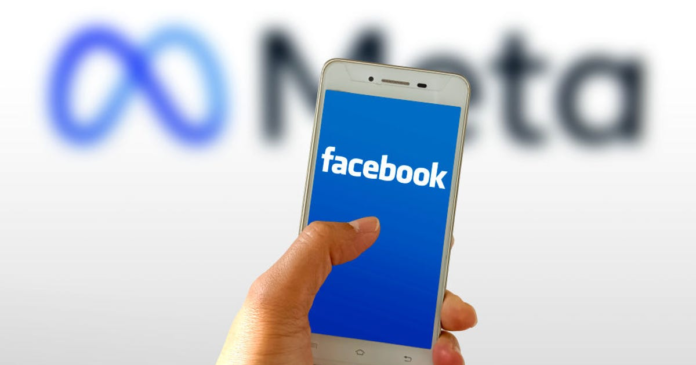Back in 2018, when Meta was still known as Facebook, a scandal hit the company unlike any that we’d seen before or have seen since. It turned out that Meta had allowed access to user data to a number of third parties, including a British political consultancy called Cambridge Analytica, which had links to Donald Trump’s presidential election campaign.
On Friday, over four years after the scandal broke, Meta finally agreed to settle a lawsuit that will see it pay out $725 million to users who sued the platform over the privacy breach. This amount is separate from the $5 billion settlement Meta agreed to pay the FTC in 2020.
The long-running legal dispute is due to one of the most high-profile data privacy scandals of the internet age. It caused a moment of reckoning for internet users around the world, as people realised the fragility of their online privacy and the risks of relying solely on third-party companies to protect them from malicious actors. It also ushered in an era of stricter regulation and government oversight, with greater demands placed on tech companies to be accountable and transparent in their practices.
In a court filing, lawyers for plaintiffs called it the largest data privacy class action lawsuit in US history, and said it was the most Meta had ever paid to resolve a private class action. “The amount of the recovery is particularly striking given that Facebook argued that its users consented to the practices at issue, and that the class suffered no actual damages,” said the lawyers in the document, published by Reuters.
In spite of settling the case, the company has not admitted wrongdoing. “We pursued a settlement as it’s in the best interest of our community and shareholders,” said Dina El-Kassaby Luce, public affairs communication manager at Meta, in a statement. “Over the last three years we revamped our approach to privacy and implemented a comprehensive privacy program.”
The lawyers for the plaintiffs noted that in the intervening period since the scandal broke, Meta had changed a number of it policies to prevent anything similar from happening again. Most notable among these changes was restricting the ability for third parties to harvest data about people via their friends.
The case was brought by the lawyers on behalf of all affected US Facebook users, which is thought to be between 250-280 million people. It’s not yet clear how those affected will be able to claim their share of the settlement. The final amount must first be approved by a San Francisco judge, with a further hearing currently scheduled for March 2023.



